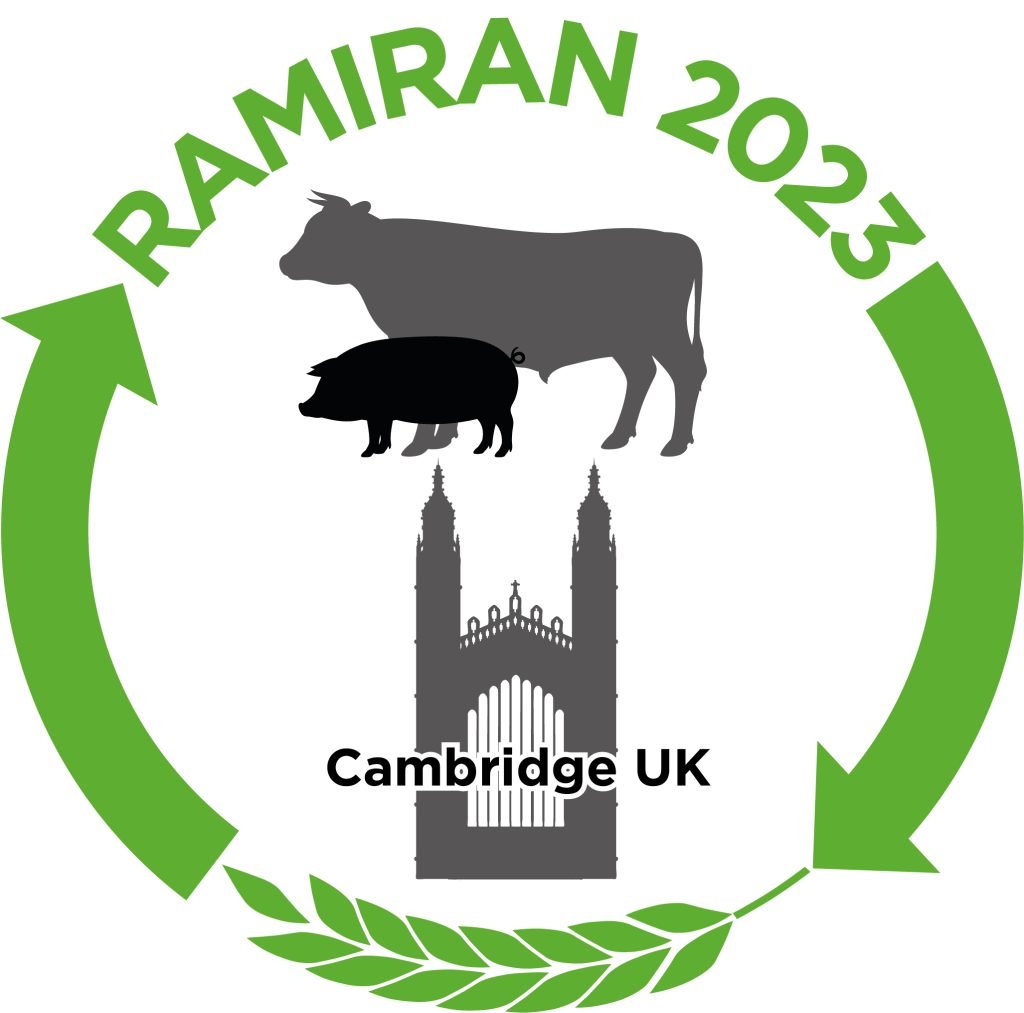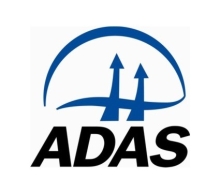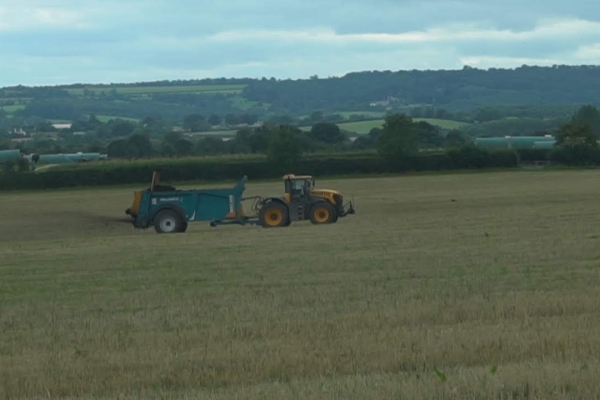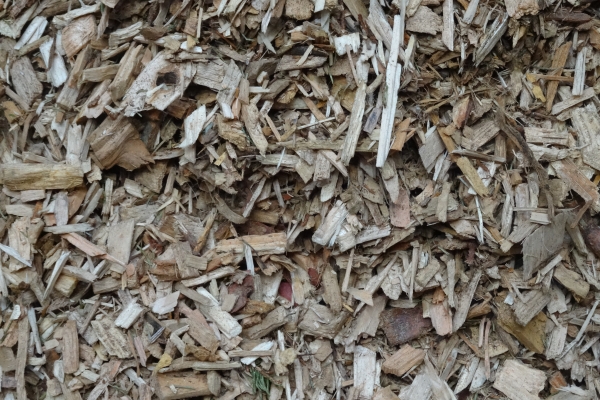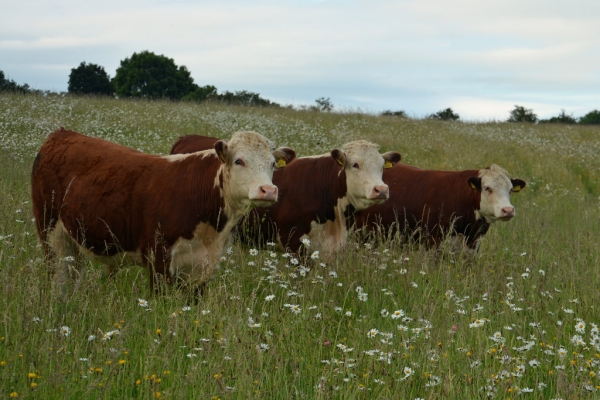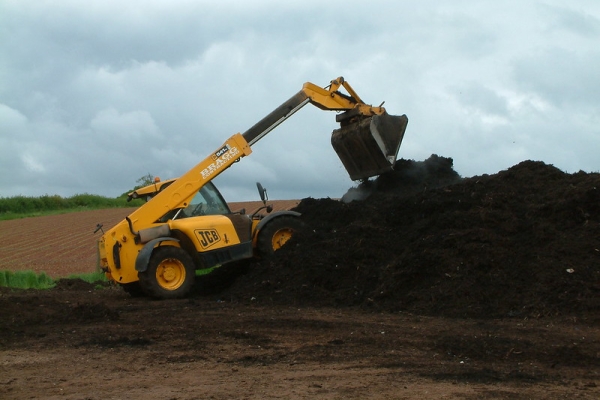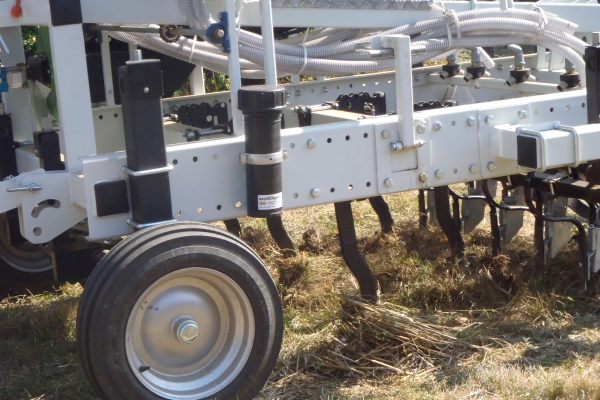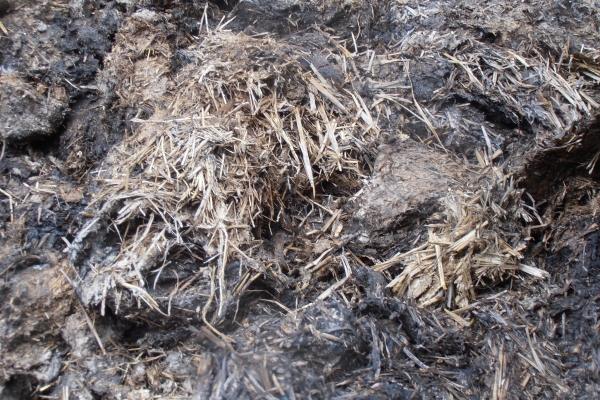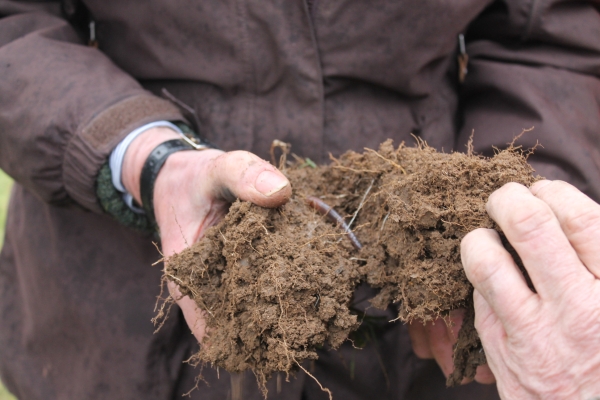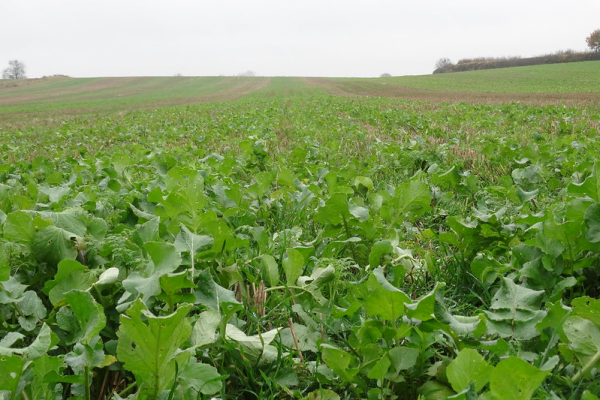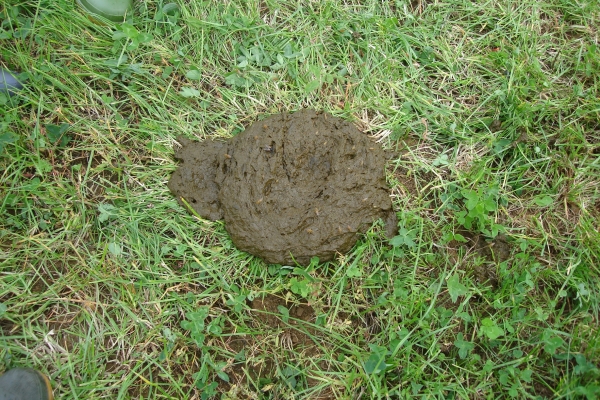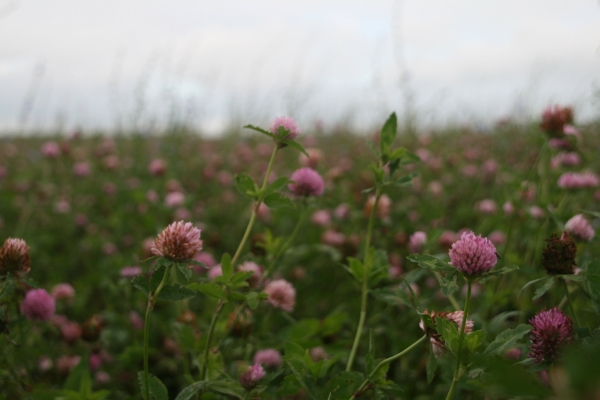Call for abstracts for the 18th International RAMIRAN Conference
Our friends at ADAS have asked us to help spread the word about an upcoming conference and a callout to submit research abstracts. RAMIRAN is a research and expertise network that was set up more than 25 years ago to improve nutrient utilisation and minimise the environmental impact of livestock manure and other organic material used in agricultural systems. This conference was last held in 2017 and attracts up to 250 delegates from across Europe and beyond…
After two years delay, the International Recycling of Agricultural, Municipal and Industrial Residues in Agriculture Network (RAMIRAN) Conference is due to take place in Cambridge from the 12th to the 14th of September 2023. Organised jointly by independent agricultural consultant ADAS, Rothamsted Research and Bangor University, the conference attracts researchers, scientists, agri-business representatives, and policymakers from across the globe, all with the shared interest to improve nutrient utilisation in agriculture.
With increased environmental regulation and pressure on food production systems to produce more with less, the conference will focus on developing strategies to minimise the environmental impact of organic materials such as livestock manures and maximise their efficiency.
Call for abstracts
The theme of the RAMIRAN Conference for 2023 is ‘Managing organic resources in a changing environment.’ RAMIRAN is inviting research abstracts relating to the use of organic materials, from theory to implementation and adoption by stakeholders. The conference will also include sessions on policy and regulation, nutrient utilisation, soil quality, air and water quality, treatment and processing, and promoting best practice. The deadline for abstract submissions is 3rd March 2023. Abstracts can be submitted online via the RAMIRAN website.
Confirmed keynote speakers
Speakers for RAMIRAN 2023 include:
- Professor Lin Ma – Professor at the Center for Agricultural Resources Research of Chinese Academy of Sciences (CAS)
- Dr Anne Bhogal – Principal Soil Scientist at ADAS
- Dr Karl Richards – Head of Environment Soils & Land Use Department at Teagasc
- Dr Oscar Schoumans – Senior Scientist at Wageningen University & Research
- Professor Melissa Wilson – Associate Professor and Manure Nutrient Management specialist at the University of Minnesota
For more information on abstract guidelines or for tickets to the conference (early bird tickets are on sale now as well as sponsorship opportunities), visit www.ramiran2023.org
